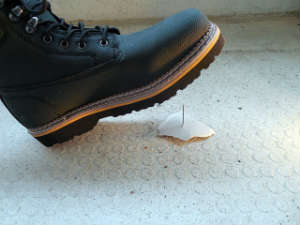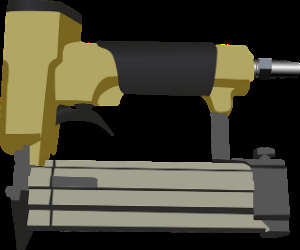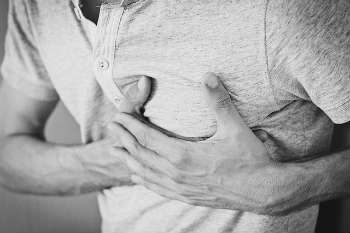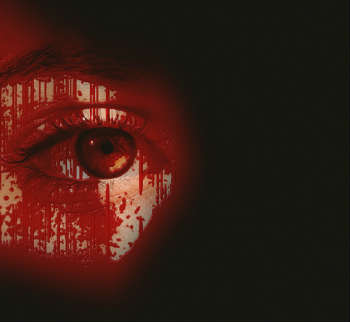Puncture wounds can be extremely scary and are an injury that you want to avoid at all costs. A puncture wound is not always considered a severe or serious wound but in the case of a nail gun inflicted puncture wound, they tend to be more serious. There are some scenarios involving nail guns where an injury cannot be avoided such as a manufacturer defect, in most cases taking appropriate safety precautions can help you avoid such injuries. Continue reading for more information regarding puncture wounds.
What To Expect
Puncture wounds often to do not result in a lot of bleeding but will obviously cause pain. These injuries have small entries into the skin and due to their nature must be treated differently than other wounds. Just because the opening in the skin is small does not mean that the injury isn’t serious. Damage can be done to the body internally, so it is best to seek medical attention as soon as possible. If you have suffered a puncture wound and the object is stuck in the body, such as a nail from a nail gun, leave the object where it is and call for medical assistance. Removing the object could cause severe bleeding.
Severity Of A Wound And When To Seek Treatment
The severity of a puncture wound is often determined by the depth and location of the wound. If you have stepped on something such as a tack which went into the heel of your foot, chances are no serious damage will be done. However, if the injury occurred in the head, near the heart, near the eyes, or in the abdomen the wound should be looked at by a medical professional. Other times when you should seek medical attention are:
- If bleeding has not stopped after pressure has been applied for 5 minutes.
- If an object still remains lodged
- Blood is spurting from the wound
- If there is numbness, loss of feeling, or inability to move an area around the wound
- If you can see muscle or have a gaping wound with visible white tissue
- If you take steroids
- If you have a medical condition like diabetes
Treatment You May Receive
Depending on the severity of the injury treatment of a wound may differ. However, in all cases, medical staff will ensure bleeding has stopped and all pieces of debris are removed from the wound. All wounds will be cleaned out properly to ensure no bacteria remains and causes infection. Some individuals, depending on their health, may receive antibiotics as a precaution. Most people will also receive a tetanus shot depending on when their last one was given.
Some wounds may require the attention of a specialist, such as a surgeon. There could be some cases where a fracture occurs or other damage to veins, organs, or arteries takes place which requires special attention.
All wounds will be dressed and patients will be given instructions on how to care for their injuries. It will be important to follow all doctors orders which will probably include things such as
- Keeping the dressing dry and changing it regularly
- Finishing a round of medication such as antibiotics for infection prevention
- Following up with a surgeon or specialist
- Watching for signs of infection
Puncture wounds, unfortunately, do happen, and most often the prognosis for these wounds is good. There are some cases where a severe injury occurs and the victim may not fully recover from the injury. If you are unsure of the severity of your injury, seek medical attention. It is always better to play it safe than wait and suffer consequences later.





